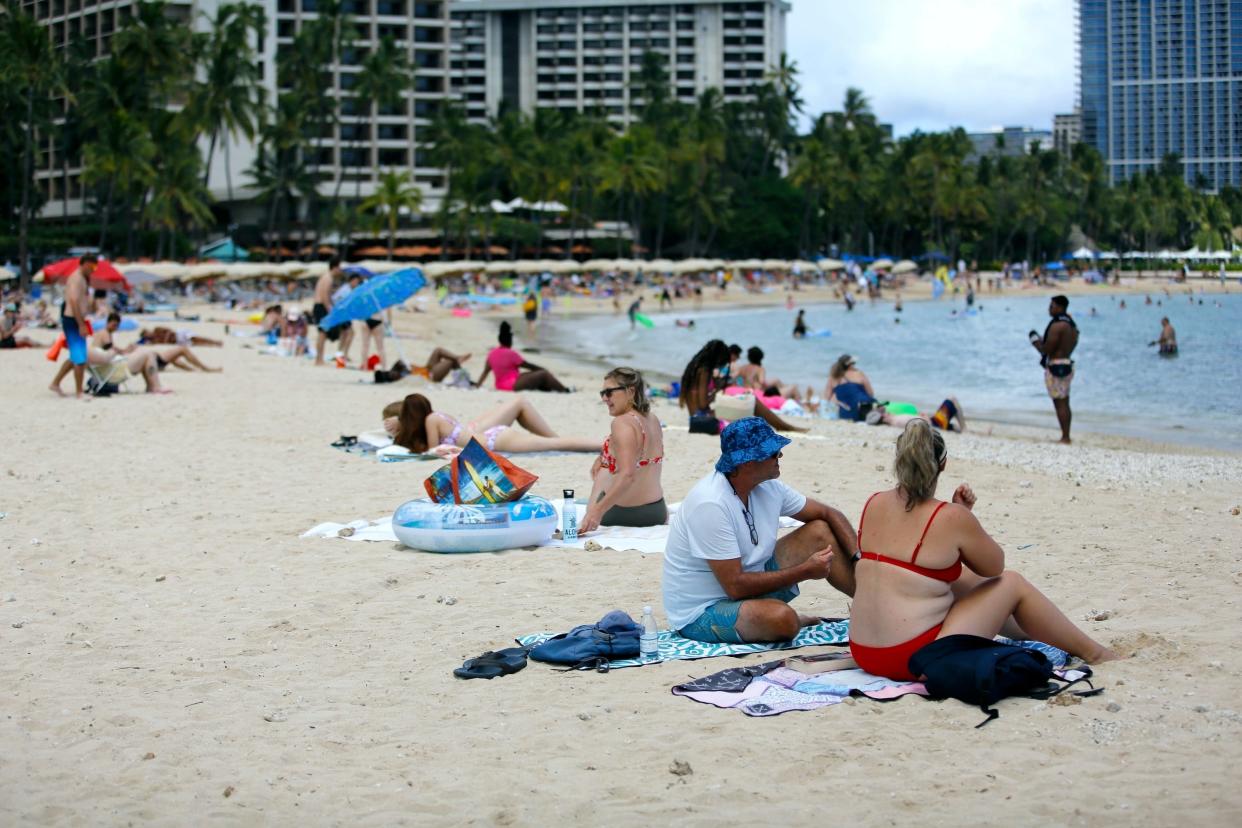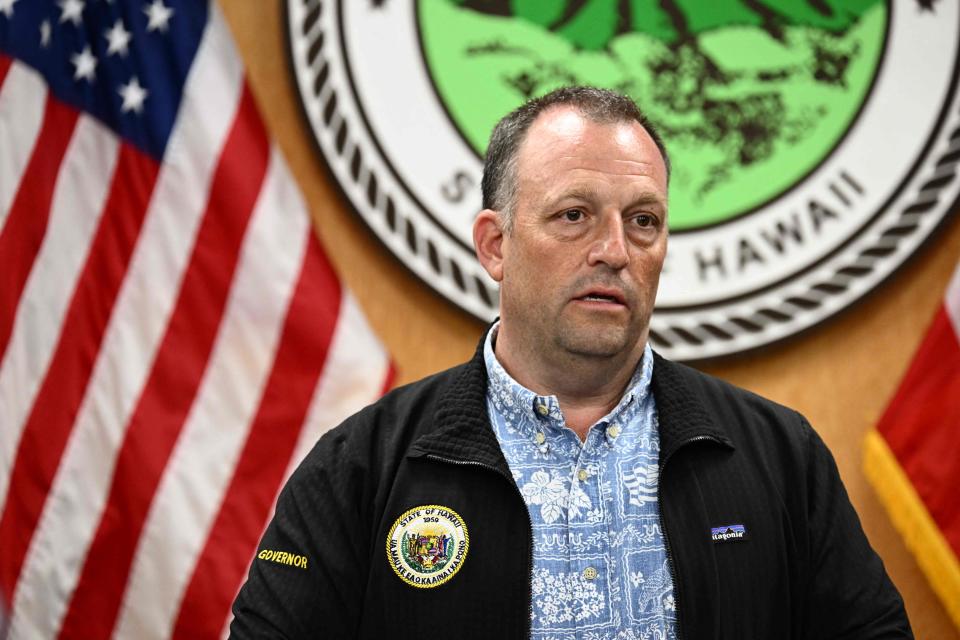Headed to Hawaii on vacation? Tourists may need to pay a climate tax. Here's what to know

If Hawaii Gov. Josh Green has his way, your next vacation to the Aloha State will cost an extra $25.
Lawmakers are calling for action to address the damaging environmental impact of tourism, particularly in the wake of the devastating wildfires in Lahaina, Maui, which killed 100 people and is projected to cost $6 billion to rebuild.
The proposed bill aims to impose a $25 climate tax on tourists in order to protect Hawaii's natural resources from an influx of visitors. With 9.5 million tourists visiting the state last year, according to the state, concerns about the strain on the environment have become increasingly urgent.
Last year, Hawaii's Legislature considered a $50 green fee for visitors to access state parks and beaches, but it didn't pass. Now, a new climate-fee measure is being considered. It won't raise taxes for Hawaii residents and aims to make visitors more responsible for protecting natural resources and aware of the impacts of climate change.

"I'll renew our efforts to pass a climate impact fee to help us stare down the terrible impacts of climate change," Green, a Democrat, said. "Last year, it stalled a little bit. But imagine how helpful that program would have been to address the disaster in Maui. We need to do a little better this year."
Green estimates that the revenue generated by the tax would bring in about $68 million annually. According to the bill, that money would be used for causes such as wildfire and flood prevention, coral reef restoration, green infrastructure, land management and emergency supplies.
"We already collect fees from travelers. This modest fee is far less than the resort fees or other taxes visitors have paid for years," Green said in his speech. "So I believe in my heart, this is not too much to ask of visitors to our islands. Now, I'm open to any other proposal that would achieve the same goals."
More: Could AI sway the 2024 election? Here's what's being done nationally to stop deepfakes.
Other state lawmakers have suggested alternative measures, including year-long licenses or passes for popular hiking trails and parks.
Additionally, there have been discussions about increasing the state hotel tax, which is already among the highest in the country. However, Green remains optimistic about the prospects of the proposed climate tax, particularly given the urgent need to address the environmental challenges facing Hawaii.
If enacted, the policy would become the first of its kind for any U.S. state. In recent years, countries such as Greece, New Zealand, Venice, Italy, and the Galapagos Islands in Ecuador have charged their visitors for tourism-related infrastructure.
More: Hawaii has a voter enthusiasm problem, could publicly funded campaigns help?
Jeremy Yurow is a politics reporting fellow based in Hawaii for the USA TODAY Network. You can reach him at JYurow@gannett.com or on X @JeremyYurow
This article originally appeared on Arizona Republic: Hawaii weighs $25 climate tax for tourists: 'not too much to ask'

